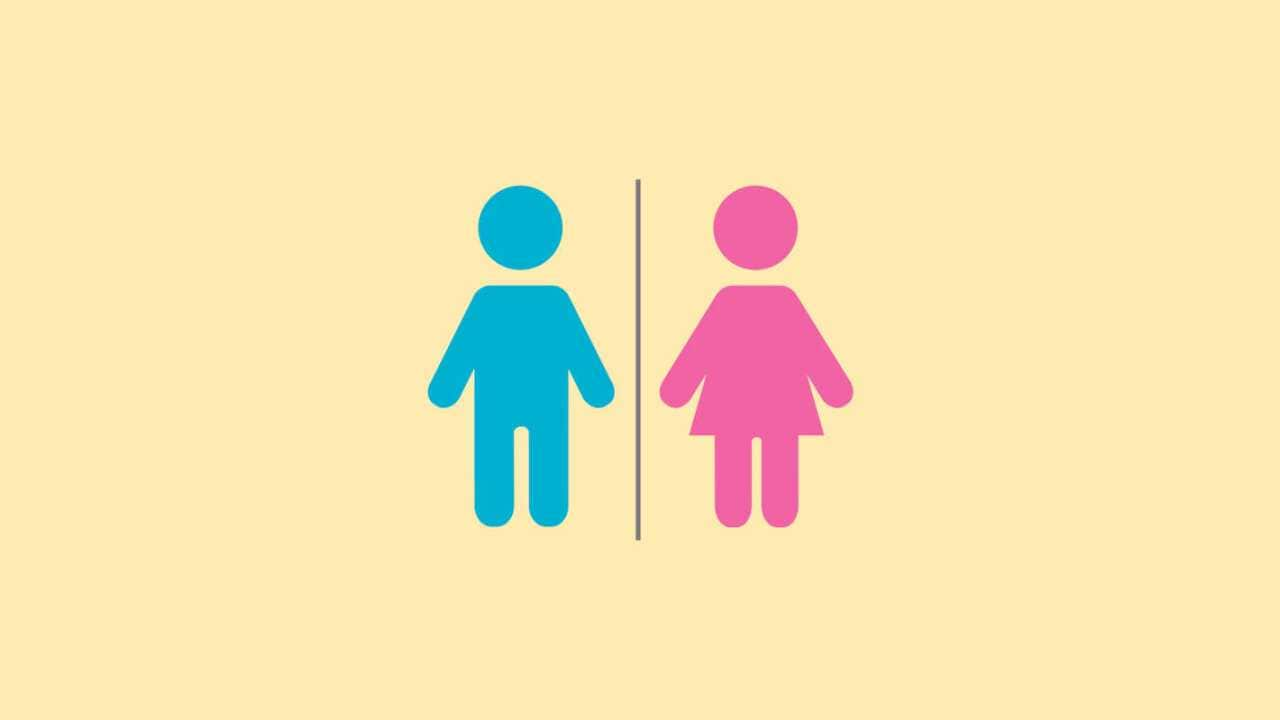Names and addresses collected as part of the 2016 Census, to be conducted on August 9, will be to enable the census to be linked to other national data. Names and addresses had previously been retained for 18 months, but the information is now planned to be kept for up to four years.
Opponents of longer retention of names and addresses have relating to privacy, security, coercion and identification of individuals and minority populations. Some concerned about the changes have called for and .
Related reading

Fears over census data retention
Proponents have of retaining names and addresses for longer to enable the census to be more accurately linked to other data. Such data are long overdue and have the power to provide innovation and efficiencies through stronger evidence, they argue. They have also over the quality of data if opponents sabotage or boycott the census.
Misinformation about the census and the retention of names and addresses has featured heavily in this debate. But the Australian Bureau of Statistics’ (ABS) safeguards to protect privacy and secure data outweigh possible risks associated with the longer retention of names and addresses, and census linkage with other data.
Privacy and data security
Because the census is the only opportunity to get the data it collects about population composition and geographic distribution, it provides a great deal of information for policy and planning. It also collects information about the Indigenous population, and data about homelessness and little-known populations are captured.
It this year’s census won’t be anonymous, so the only way to protect privacy is to not collect data at all.
The ABS has safeguards to . Its computing environment adheres to strict government standards for encryption and storage. Names are kept separately from addresses, and these data are separate from the rest of census data.
Names and addresses have always been used for quality checks, and addresses have been used to determine coding of houses into geographical areas. The 2016 Census will use names and addresses to create a statistical linkage key for a unique identifier. Names and addresses will be destroyed no later than 2020.
Data are released as aggregates only and won’t include personal identifiers. Also, the ABS cannot release identifiable data to . The acts under which the ABS operates ensure data that may identify anyone are not released.
Related reading

Comment: Making Census of gender identity
Linkage can be , but it’s more accurate with them. The ABS linked a sample of the 2011 to the 2006 Census , which has proven to be an , but it has limitations.
The 2011 Census was linked with death registrations that allowed more accurate calculation of life expectancy of Indigenous Australians to help inform the target.
Overseas, national statistical agencies have retained names and addresses and linked the census data with other data with much success in terms of data, privacy and public support. Canada, the UK and New Zealand are just a few countries that collect names and addresses and conduct data linkage using the census.
Canada’s recent census serves as a good . Its 2016 Census was met with following poor-quality data obtained in the 2011 Census after a shift to collecting less data. It was that the lack of complete data in 2011 was a great loss to the country.
Australia is in a position now where it risks incomplete data due to sabotage and boycott. Given Australia’s , poor census data risks jeopardising the future. Planning is ever more important, and the census provides the necessary information to do so effectively.
A census for the future
Most would agree that making decisions requiring financial investment should be based on evidence and need. The census provides data to inform such an evidence base.
The changes to this year’s census will deliver many improvements for Australians, which will play a powerful role in informing the future. Dr Liz Allen worked at the Australian Bureau of Statistics (ABS) between 2006 and 2007. Liz has no ongoing employment or financial links with the ABS. Liz is a user of ABS data for research purposes.
Dr Liz Allen worked at the Australian Bureau of Statistics (ABS) between 2006 and 2007. Liz has no ongoing employment or financial links with the ABS. Liz is a user of ABS data for research purposes.











